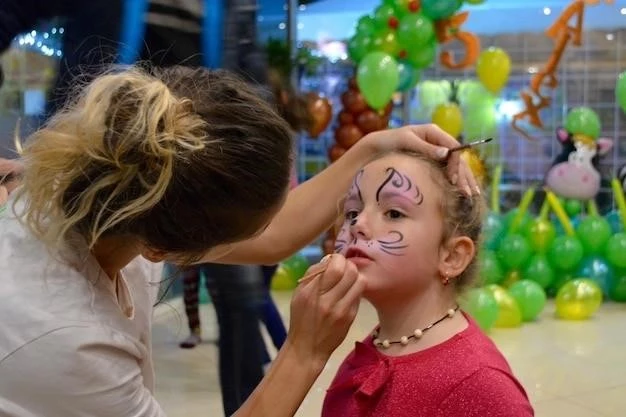Overview of Carnevale-Canun-Mendoza Syndrome
When exploring Carnevale-Canun-Mendoza Syndrome, it’s crucial to cover symptoms, causes, treatment options, prognosis, genetics, research advances, and support resources. Each aspect plays a significant role in understanding and managing this rare disorder.
Symptoms and Diagnosis of Carnevale-Canun-Mendoza Syndrome
Carnevale-Canun-Mendoza Syndrome presents with characteristic facial features such as a prominent forehead, widely spaced eyes, low-set ears, and a small mouth. Individuals may also have hearing loss, intellectual disability, and skeletal abnormalities. Diagnosis involves a thorough physical examination, genetic testing, imaging studies, and consultation with specialists to confirm the presence of the syndrome.
Causes and Risk Factors of Carnevale-Canun-Mendoza Syndrome
Carnevale-Canun-Mendoza Syndrome is a genetic condition caused by mutations in the KAT6B gene. These mutations disrupt normal development, leading to the signs and symptoms associated with the syndrome. The condition is inherited in an autosomal dominant pattern, meaning that a mutation in one copy of the gene is sufficient to cause the disorder. Risk factors include having a parent with the syndrome, as it increases the likelihood of passing the mutation to offspring.
Treatment Options for Carnevale-Canun-Mendoza Syndrome
Managing Carnevale-Canun-Mendoza Syndrome involves a multidisciplinary approach tailored to the individual’s specific needs. Treatment focuses on addressing symptoms and complications like intellectual disability, hearing loss, and skeletal issues. Therapies may include speech and occupational therapy, educational support, hearing aids, and surgical interventions for skeletal abnormalities. Regular monitoring by healthcare providers and genetic counseling are essential for a comprehensive treatment plan.
Prognosis and Complications of Carnevale-Canun-Mendoza Syndrome
The prognosis for individuals with Carnevale-Canun-Mendoza Syndrome varies depending on the severity of symptoms and any associated complications. Complications may include developmental delays, intellectual disability, skeletal abnormalities, and hearing loss. Early intervention and ongoing medical care can help manage these complications and improve the quality of life for affected individuals. It is essential to work closely with a medical team to address any challenges and ensure optimal care and support.

Genetic Aspects of Carnevale-Canun-Mendoza Syndrome
Carnevale-Canun-Mendoza Syndrome is a genetic disorder caused by mutations in the KAT6B gene. These mutations can occur spontaneously or be inherited from a parent with the syndrome. The KAT6B gene provides instructions for making proteins involved in gene regulation and development. Understanding the genetic basis of the syndrome is essential for accurate diagnosis٫ genetic counseling٫ and potential future advancements in treatment. Consulting with a genetic counselor can provide valuable insights into the inheritance pattern and implications for family members.
Research Advances in Carnevale-Canun-Mendoza Syndrome
Ongoing research in Carnevale-Canun-Mendoza Syndrome focuses on further understanding the genetic mechanisms underlying the disorder, potential treatment options to address symptoms, and improving quality of life for affected individuals. Studies are exploring personalized therapies tailored to specific genetic mutations, early intervention strategies, and multidisciplinary approaches for comprehensive care. Keeping abreast of the latest research developments through reputable sources and medical professionals can provide valuable insights into emerging treatments and support services available for individuals with Carnevale-Canun-Mendoza Syndrome.
Support and Resources for Carnevale-Canun-Mendoza Syndrome
Individuals and families impacted by Carnevale-Canun-Mendoza Syndrome can benefit from a range of support services and resources. Connecting with patient advocacy groups, genetic counseling services, and specialty healthcare centers can offer valuable information, emotional support, and guidance. Online forums and social media groups dedicated to rare genetic disorders can provide a platform for sharing experiences and connecting with others in similar situations. It’s essential to build a strong support network and access reliable resources to navigate the challenges associated with Carnevale-Canun-Mendoza Syndrome.
